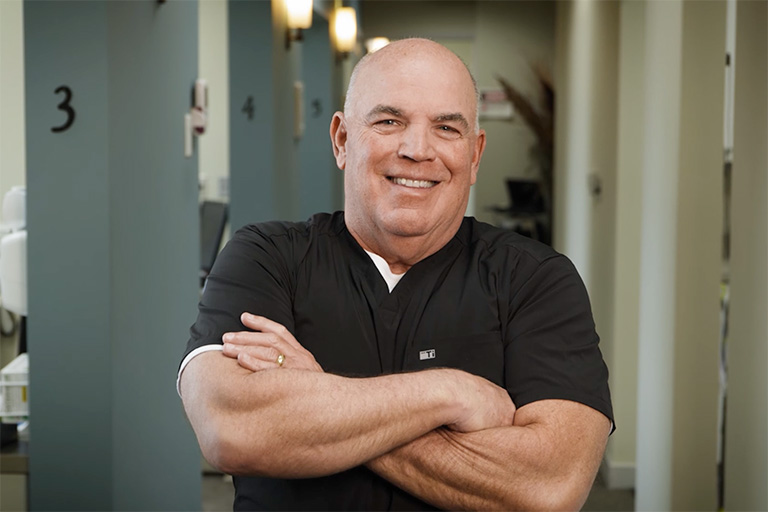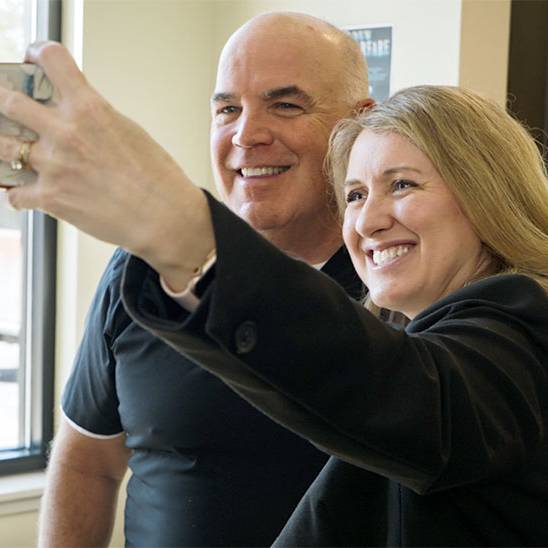General Dentistry Treatments in Grand Rapids, MI
Find Your Reason to Smile
A lifetime of optimal oral health starts with one appointment! Call our premier dental office in Grand Rapids, MI, to start your journey with a smile. We’re open Monday through Friday and offer convenient appointment times for the whole family. Our dentist in Grand Rapids, MI, offers skillful and compassionate care to ensure your experience with us is always a positive one.
Meet Your Grand Rapids Dentist
Dr. Ronald Olszewski is your local family dentist in Grand Rapids, MI. He’s also a member of the American Dental Association, Michigan Dental Association, Donated Dental Services, Trade Network, and the International Association for Orthodontics.
How Can We Help?
Your dental health and comfort are our top priorities. Book a consultation with our Grand Rapids dentist to explore your treatment options.
Blogs & News
Do I Need Emergency Dental Care?
There’s never a good time to experience a dental emergency. That being said, it’s essential that you seek emergency dental care if you suspect your…
7 Benefits of Dental Crown Treatment
When it comes to restoring your smile, dental crowns are one of the most effective treatments available. Dr. Ronald Olszewski, a leading dentist in…
We’re Changing Lives One Smile at a Time
There’s nothing more powerful than a healthy, beautiful smile. Discover why patients love Always a Smile Dental and trust us for expert care.












